Deck & Commander Strategies

Jadzi, Oracle of Arcavios
Leverages bouncing herself and casting or copying instant and sorcery spells to generate card advantage and control the board, aiming for a spell-slinger synergy.

Rootha, Mercurial Artist
Aggressive token generation and combat-focused, using Rootha's ability to create tokens on attacks and capitalize on combat damage to pressure opponents quickly.

Shadrix Silverquill
A mix of disruption and removal spells combined with a solid board presence to control the game pace and weaken opponents' strategies.

Extus, Oriq Overlord
Focuses on creating and empowering Blood Avatar tokens to grind out value and win through incremental damage and board presence.
Gameplay Insights
- 1
Missing the attack step with Maelstrom Muse was a crucial misplay that prevented the player from paying additional costs for a kicked spell, highlighting the importance of timing and careful phase management.
- 2
Utilizing commanders that synergize with instants and sorceries allowed for repeated value generation and board control, demonstrating the power of spell-slinger archetypes in Commander.
- 3
Token generation paired with aggressive combat proved effective in applying consistent pressure on opponents, especially with commanders that create tokens on attacks.
- 4
Board control and removal spells were key to stabilizing the game state and preventing snowballing leads, showcasing the importance of disruption in multiplayer formats.
Notable Cards
-
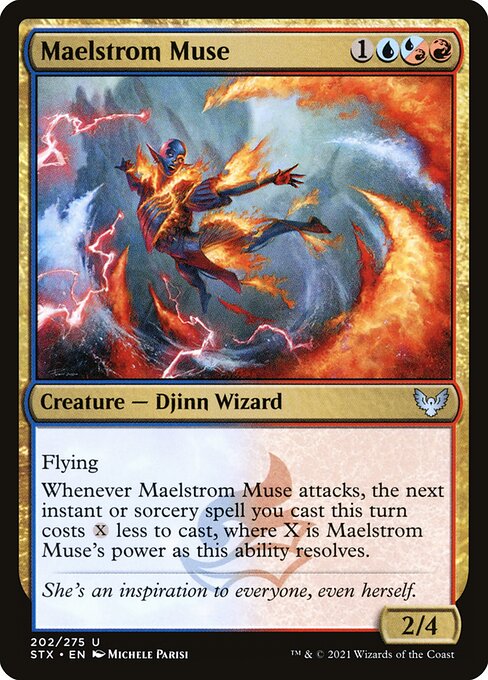
Maelstrom Muse
-

Demonic Tutor
-

Dark Ritual
-

Chaos Warp
-

Swords to Plowshares
-
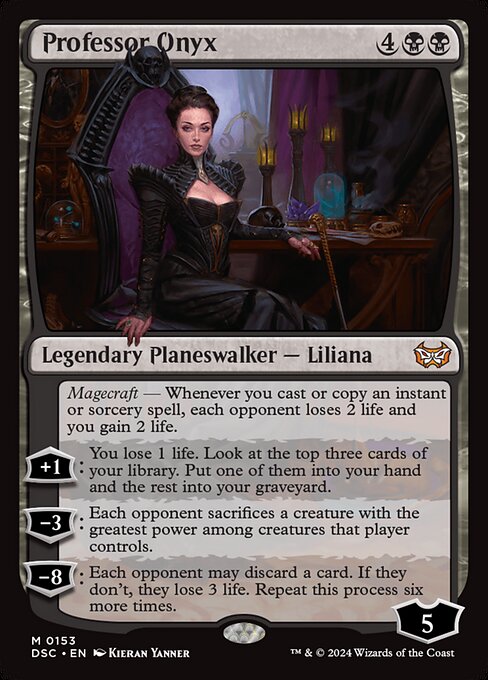
Professor Onyx
-
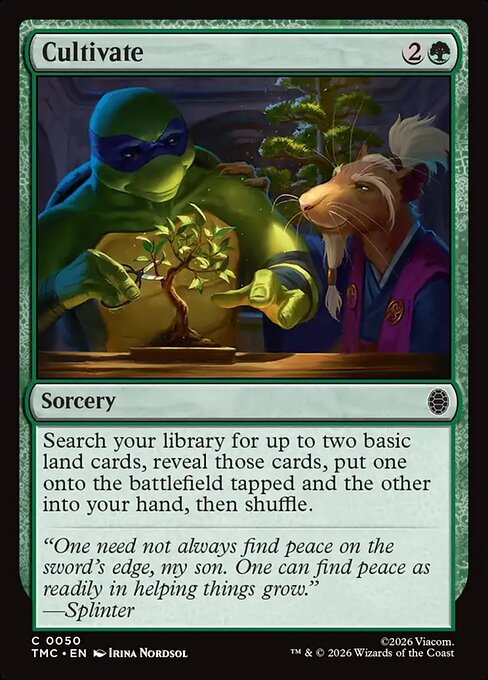
Cultivate
-
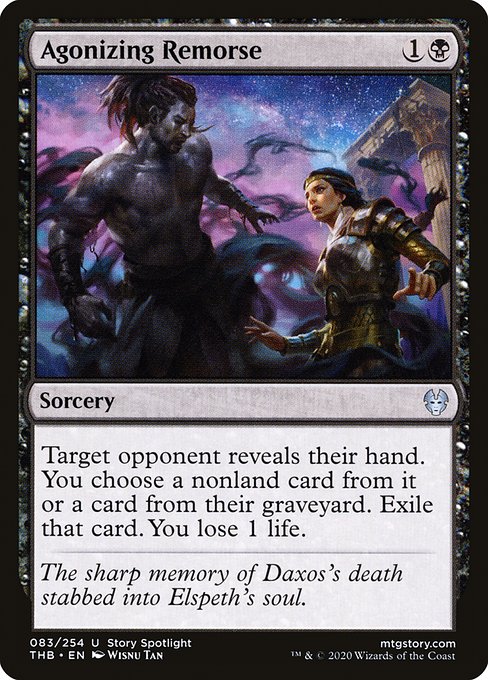
Agonizing Remorse
-
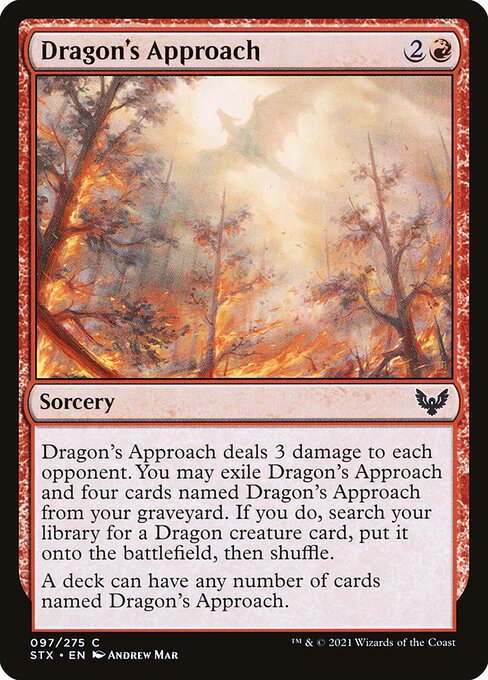
Dragon's Approach
-
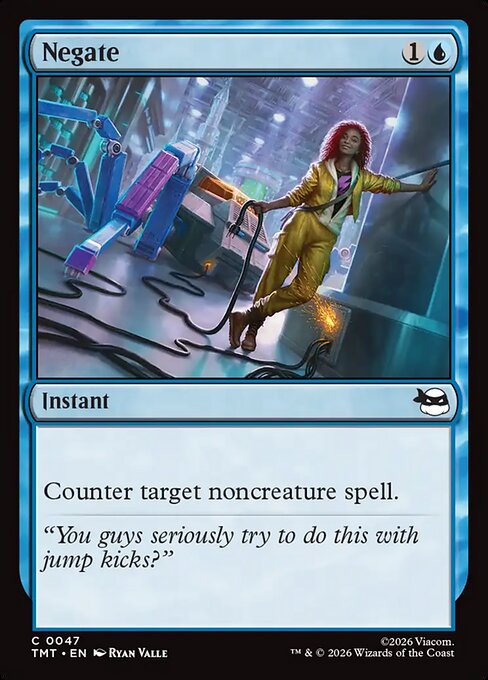
Negate
Gameplay Summary
The game unfolded with four players piloting unique commanders from the Strixhaven set, each leveraging their distinctive abilities and color identities.
Early turns focused on setting up mana bases and deploying key creatures and spells, with Jadzi, Oracle of Arcavios using her ability to bounce herself and cast or copy instants and sorceries to generate card advantage.
Rootha, Mercurial Artist aimed to capitalize on aggressive attacks and token generation.
Shadrix Silverquill employed a more controlling and disruptive playstyle, using spells to remove threats while building a solid board presence.
Extus, Oriq Overlord focused on leveraging his ability to create and empower Blood Avatar tokens, aiming for a slow but steady attrition strategy.
As the game progressed, players exchanged blows and spells, trying to outmaneuver each other with well-timed removals and pressure. A pivotal moment occurred when a player missed a crucial attack step with Maelstrom Muse, which might have allowed for a more devastating kicked spell play, but the game continued with intense board states and spellcasting.
The interactions between spell-heavy decks and token-focused strategies led to dynamic shifts in tempo.
Ultimately, the game showcased the strengths of the Strixhaven commanders, with the win condition revolving around overwhelming opponents through a combination of spell synergy, combat damage, and incremental value from recurring spells and tokens.
The game highlighted the importance of timing and resource management in multiplayer Commander matches.



















![Strixhaven $100 Budget Game!! Killian vs Extus vs Codie vs Rootha [EDH/Commander, MTG Gameplay] 2021 thumbnail](https://i.ytimg.com/vi/Sa5f7O-_nZU/sddefault.jpg)



![Toski vs Extus vs Yawgmoth vs Yuriko $100 Budget Game!! [EDH/Commander, MTG Gameplay] 2021 thumbnail](https://i.ytimg.com/vi/oFcIUZtuNc0/sddefault.jpg)
![Adrix vs Prosper vs Nicol Bolas vs Extus [EDH/Commander, Magic The Gathering Gameplay] thumbnail](https://i.ytimg.com/vi/8i3jxeUTpt4/sddefault.jpg)
![Liesa vs Queza vs Lord Xander vs Awaken the Blood Avatar [EDH/Commander, MTG Gameplay 2022] thumbnail](https://i.ytimg.com/vi/o6Ab9JyEkMw/sddefault.jpg)









![Beledros vs Galazeth vs Tanazir vs Shadrix [Strixhaven Commander/EDH Gameplay Garbage Fire] 2021 thumbnail](https://i.ytimg.com/vi/LSzSQR1ZqWc/sddefault.jpg)






